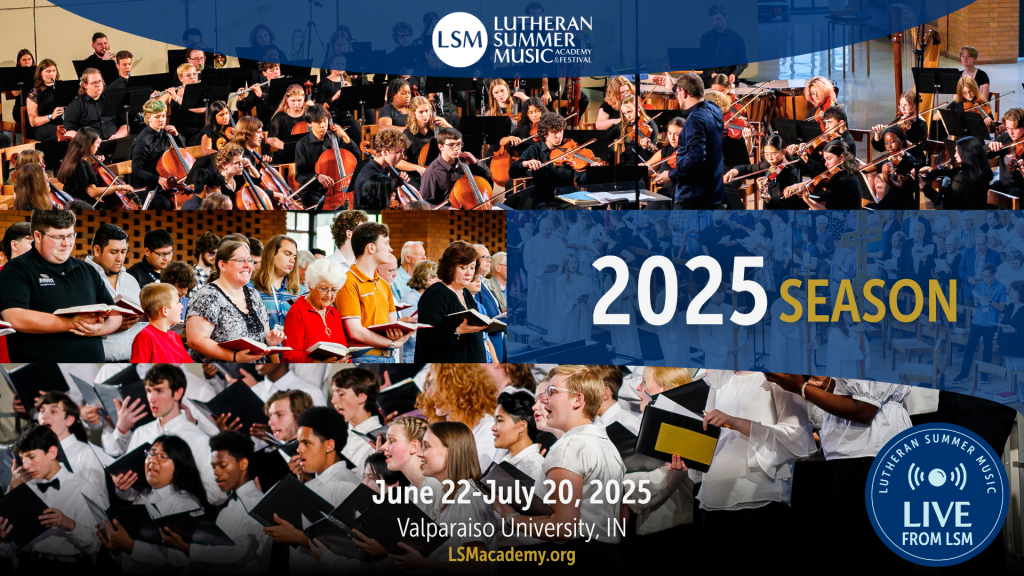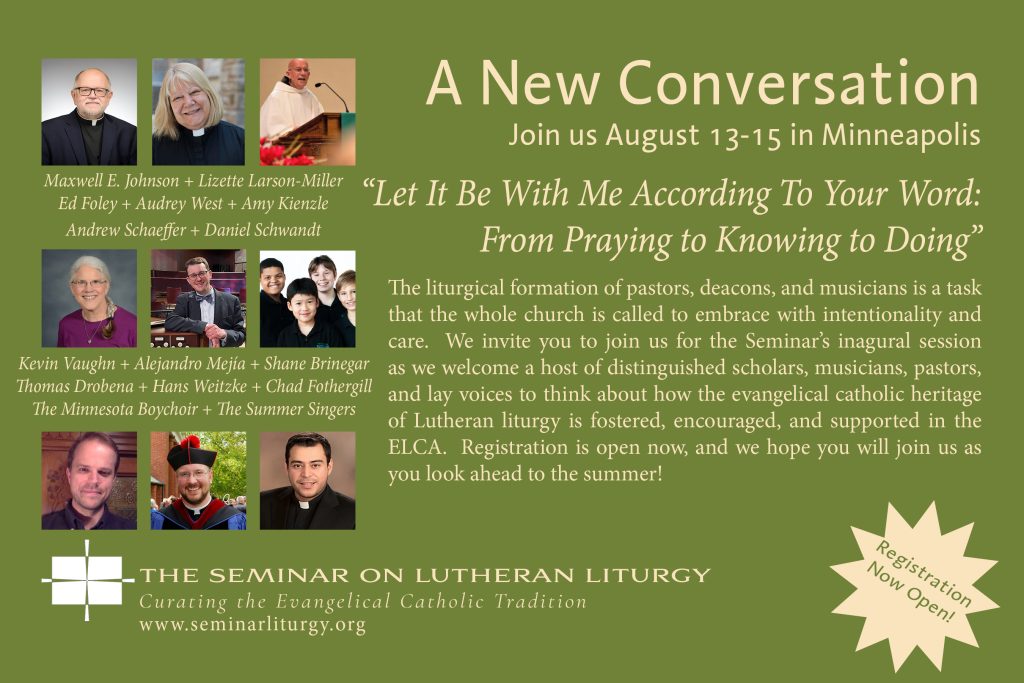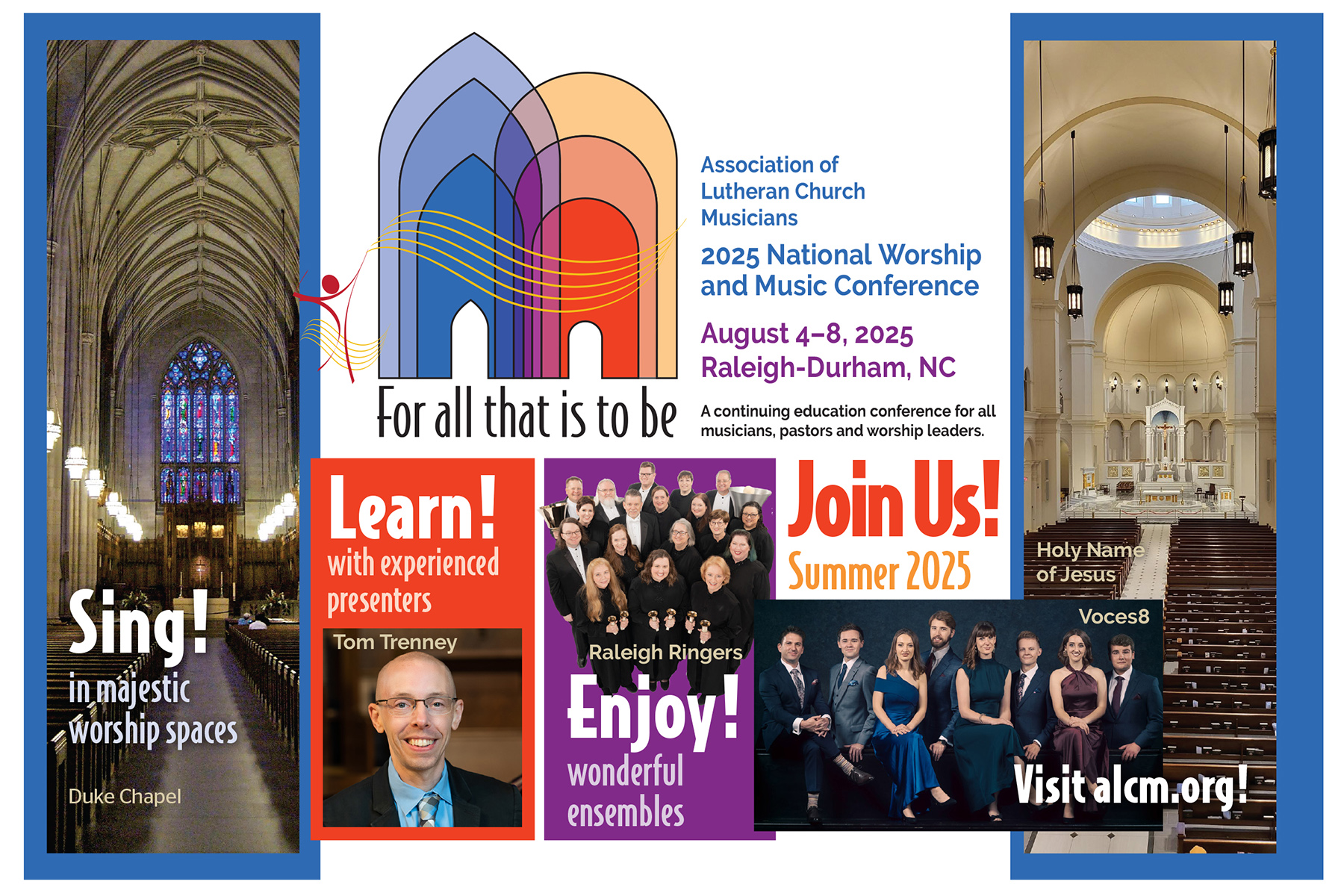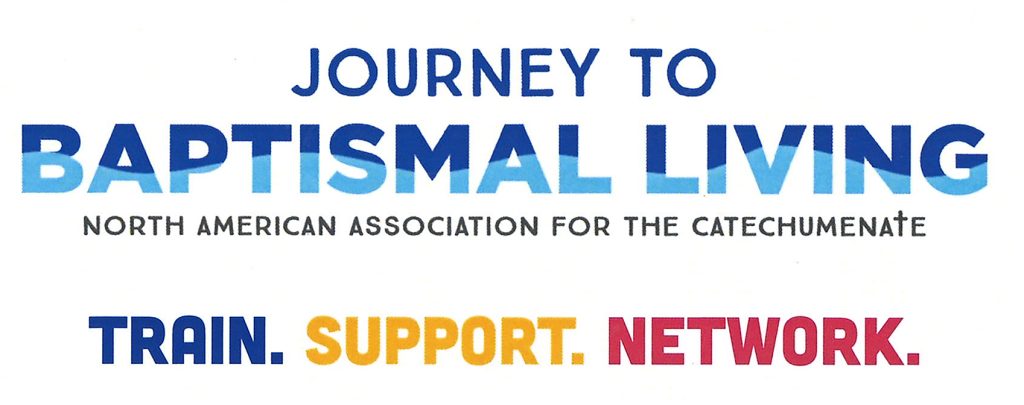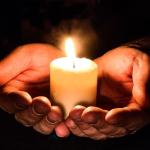 “For what shall we pray?” is a weekly post inviting individuals, groups, and congregations to lift up our world in prayer. This resource is prepared by a variety of leaders in the ELCA and includes prayer prompts, upcoming events and observances, and prayer suggestions from existing denominational worship materials. You are encouraged to use these resources as a starting point, and to adapt and add other concerns from your local context. More information about this resource can be found here.
“For what shall we pray?” is a weekly post inviting individuals, groups, and congregations to lift up our world in prayer. This resource is prepared by a variety of leaders in the ELCA and includes prayer prompts, upcoming events and observances, and prayer suggestions from existing denominational worship materials. You are encouraged to use these resources as a starting point, and to adapt and add other concerns from your local context. More information about this resource can be found here.
Prayer prompts:
For an end to war, violence, and genocide across the world, especially in Ukraine, Gaza, Iran, Israel, Haiti, Sudan, Myanmar, Yemen, India, and Pakistan…
For lasting ceasefire between Israel and Iran…
For an end to anti-Semitism and anti-Arab hatred, aggression, and violence…
For those recovering from the damage and grieving the loss of life in the aftermath of Hurricane Erick in Oaxaca, Mexico…
For de-escalation of violence amidst protests in Kenya…
For those threatened by wildfires in Greece…
For victims of a Central African Republic school stampede…
For communities across the country experiencing extreme heat and storms…
For medical researchers and practitioners, and especially global health workers…
Events and observances:
June Observances: LGBTQIA+ Pride Month, Alzheimer’s and Brain Awareness Month, Gun Violence Awareness Month, PTSD Awareness Month
July Observances: Disability Pride Month, National Minority Mental Health Awareness Month, National Bereaved Parents Awareness Month
John the Baptist (June 24)
Presentation of the Augsburg Confession, 1530 (June 25)
Philipp Melanchthon, renewer of the church, died 1560 (June 25)
Cyril, Bishop of Alexandria, died 444 (June 27)
Irenaeus, Bishop of Lyons, died around 202 (June 28)
Peter and Paul, Apostles (June 29)
Catherine Winkworth, died 1878; John Mason Neale, died 1866; hymn translators (July 1)
Thomas, Apostle (July 3)
Independence Day (July 4)
Prayers from ELCA resources:
A prayer for peace (ACS p.48)
Holy God, out of your great love for the world, your Word became flesh to live among us and to reconcile us to you and to one another. Rekindle among us the gift of your Spirit so that we seek to live in unity with all people, breaking down the walls that divide, ending the hostility among us, and proclaiming peace to those who are near and to those who are far away; through Christ Jesus, in whom we all have access in the one Spirit to you, both now and forever. Amen.
A prayer for the nation (ELW p.77)
Almighty God, you have given us this good land as our heritage. Make us always remember your generosity and constantly do your will. Bless our land with honesty in the workplace, truth in education, and honor in daily life. Save us from violence, discord, and confusion; from pride and arrogance; and from every evil course of action. When times are prosperous, let our hearts be thankful; and, in troubled times, do not let our trust in you fail. We pray in the name of Jesus Christ our Lord. Amen.
The following topical resources are available from resources.elca.org for use in public worship and personal devotion:
Worship resources and prayers in response to wildfires
Worship resources for the crisis in the Holy Land
Worship resources for the Eastern Europe Crisis
Worship resources for and following national elections
—
ELW = Evangelical Lutheran Worship
ACS = All Creation Sings: Evangelical Lutheran Worship Supplement
Additional topical prayers are found in Evangelical Lutheran Worship (pp. 72–87) and All Creation Sings (pp. 46–55), as well as in other resources provided in print and online at sundaysandseasons.com.
Crafted intercessions for every Sunday and festival are provided in the Sundays and Seasons worship planning guide published in-print and online by Augsburg Fortress. Further assistance for composing prayers of intercession can be found here: Resources for Crafting Prayers of Intercession
Prayer Ventures, a daily prayer resource, is a guide to prayer for the global, social and outreach ministries of the ELCA, as well as for the needs and circumstances of our neighbors, communities and world.


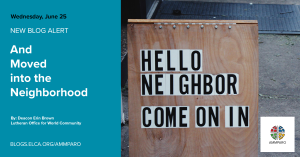

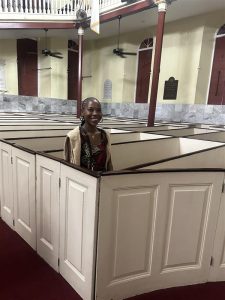
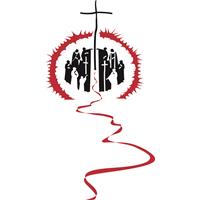 Key Areas of Focus
Key Areas of Focus
